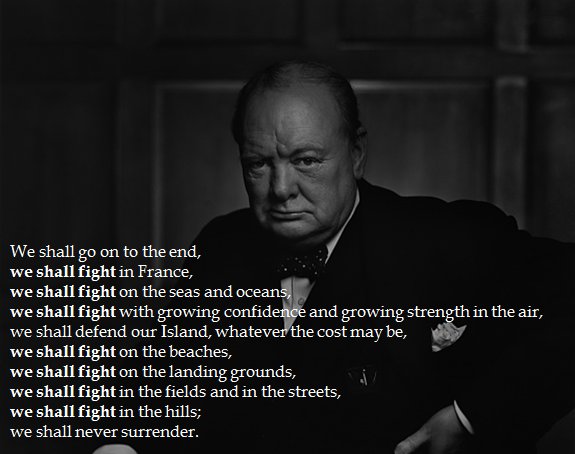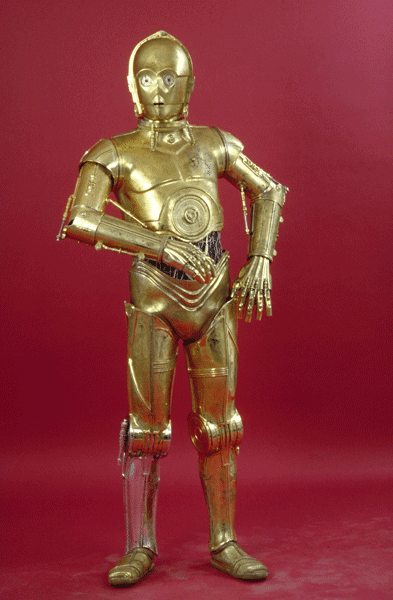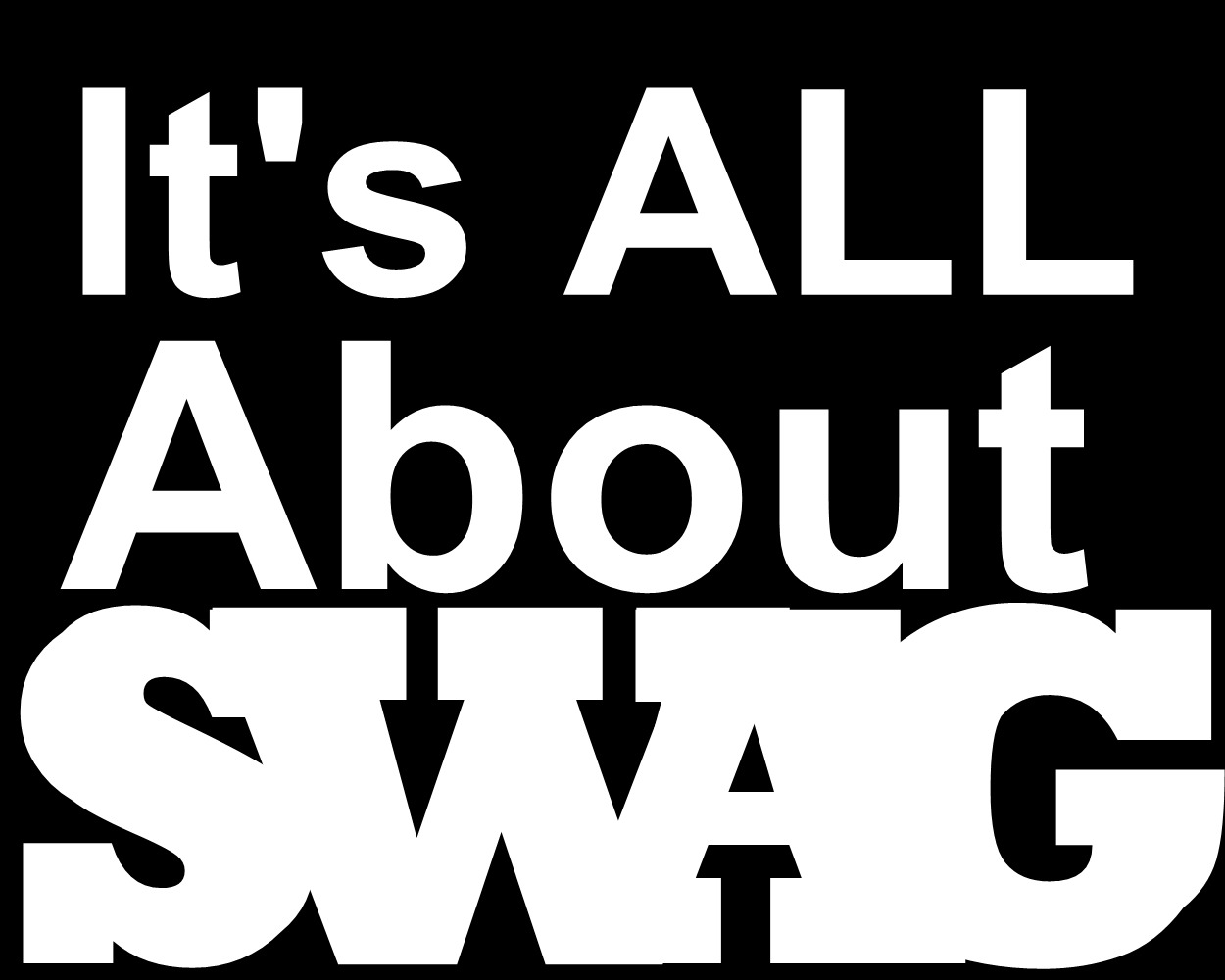
Analysis: a method in which a work or idea is separated into its parts, and those parts given rigorous and detailed scrutiny

Anaphora: a device or repetition in which a word or words are repeated at the beginning of two or more lines, phrases, clauses, or sentences

Anecdote: a very short story used to illustrate a point

Antagonist: a person or force opposing the protagonist in a drama or narrative

Antithesis: a balancing of one term against another for emphasis or stylistic effectiveness

Aphorism: a terse, pointed statement expressing some wise or clever observation about life

Apologia: a defense or justification for some doctrine, piece of writing, cause, or action; also apology

Apostrophe: a figure of speech in which an absent or dead person, an abstract quality, or something inanimate or nonhuman is addressed directly

Argument(ation): the process of convincing a reader by proving either the truth or the falsity of an idea or proposition; also, the thesis or proposition itself

Assumption: the act of supposing, or taking for granted that a thing is true

Audience: the intended listener or listeners

Characterization: the means by which a writer reveals a character’s personality

Chiasmus: a reversal in the order off words so that the second half of a statement balances the first half in inverted word order

Circumlocution: a roundabout or evasive speech or writing, in which many words are used but a few would have served

Classicism: art, literature, and music reflecting the principles of ancient Greece and Rome: tradition, reason, clarity, order, and balance

Cliché: a phrase or situation overused within society

Climax: the decisive point in a narrative or drama; the pint of greatest intensity or interest at which plot question is answered or resolved

Colloquialism: folksy speech, slang words or phrases usually used in informal conversation

Comedy: originally a nondramatic literary piece of work that was marked by a happy ending; now a term to describe a ludicrous, farcical, or amusing event designed provide enjoyment or produce smiles and laughter

Conflict: struggle or problem in a story causing tension

Connotation: implicit meaning, going beyond dictionary definition

Contrast: a rhetorical device by which one element (idea or object) is thrown into opposition to another for the sake of emphasis or clarity

Denotation: plain dictionary definition

Denouement (pronounced day-new-mahn): loose ends tied up in a story after the climax, closure, conclusion

No comments:
Post a Comment